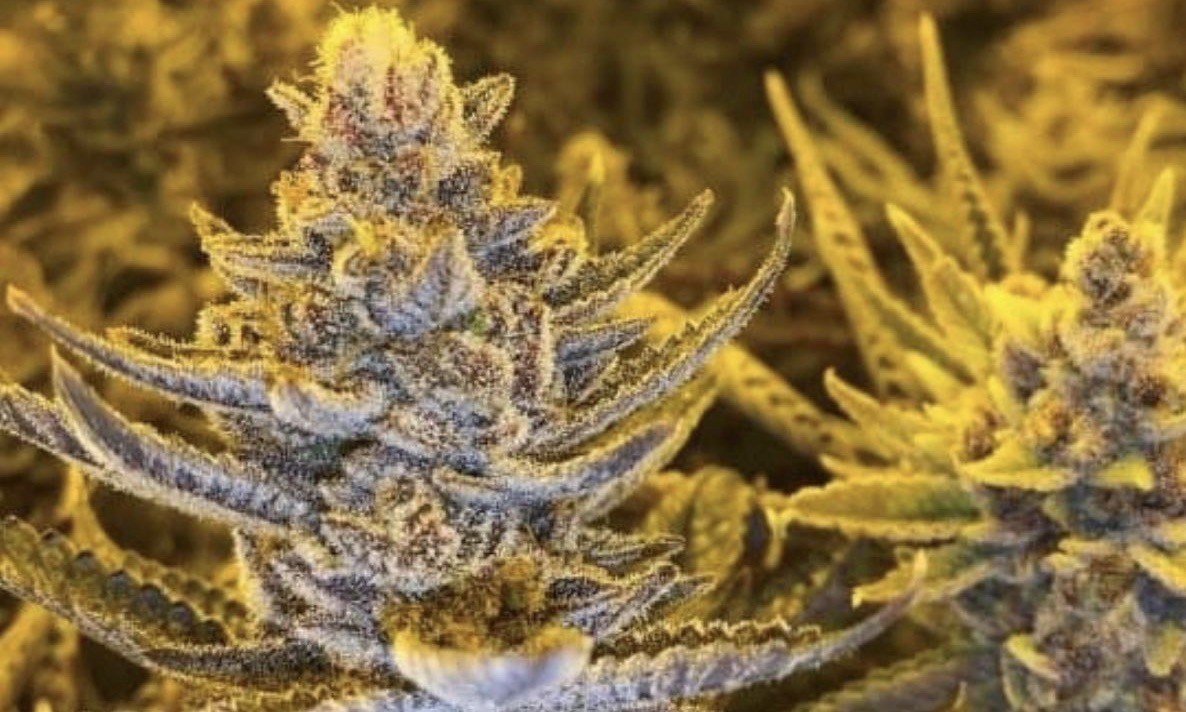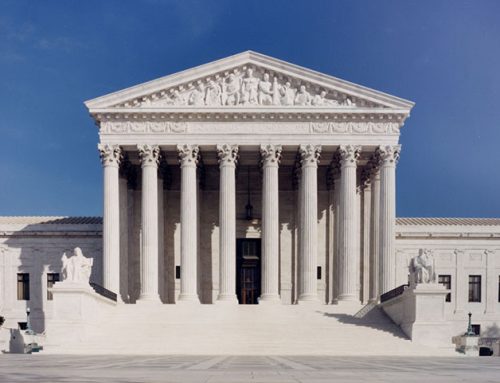Arkansas and Rhode Island Cannabis Markets
LOS ANGELES- October 2023 witnessed a modest reduction in medical cannabis sales in Arkansas, reaching $22.5 million, a slight decrease from the same period in 2022. This data, sourced from the state’s Department of Finance and Administration and reported by Green Market Report, reveals a nuanced view of the state’s cannabis market.
Interestingly, Arkansas’s medical cannabis program appears to be on track to surpass its previous year’s sales. From January to October, dispensaries across the state recorded sales totaling $234 million, marking an increase from $228.4 million in the corresponding months of 2022. This rise is paralleled by the growth in active medical cannabis patient cards, which escalated to 97,646 from 89,855 at the beginning of the year.
In terms of tax revenue, medical cannabis sales in Arkansas, often referred to as the Bear State, have generated $25.9 million in 2023. This contributes to a cumulative total of over $115.35 million since 2019.
The state also grappled with the question of legalizing recreational cannabis for adults through Issue 4 in the November general elections. The initiative did not pass, with a majority of voters opposing the measure.
In Rhode Island, also known as the Ocean State, a different trend is observed. According to The Providence Journal, medical cannabis stores reported sales of $2.3 million in October, a decrease from the $3.9 million in cannabis products sold in December 2022.
In contrast, the state’s adult-use cannabis market has exhibited a consistent month-on-month increase since its initiation on December 1, 2022. In October, Rhode Island saw adult-use cannabis sales reach $7 million, marginally lower than the $7.1 million peak in September.
The decline in medical cannabis sales, from December’s $3.9 million to October’s record low of $2.3 million, comes despite a 13% tax benefit extended to medical cannabis patients.
Erica Ferrelli, chief of strategic planning, monitoring, and evaluation at the Rhode Island Office of Cannabis Regulation, comments on future expectations. “It’s a bit early to predict whether this upward trend in adult-use sales will continue, but the numbers are promising,” Ferrelli says. “We’ve seen consistent growth or stabilization over the past five months.”
This juxtaposition of Arkansas and Rhode Island’s cannabis markets highlights the dynamic and evolving nature of cannabis sales in the U.S., influenced by regulatory frameworks, patient preferences, and market maturity.



































